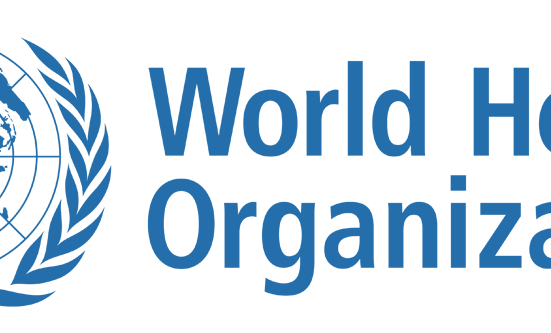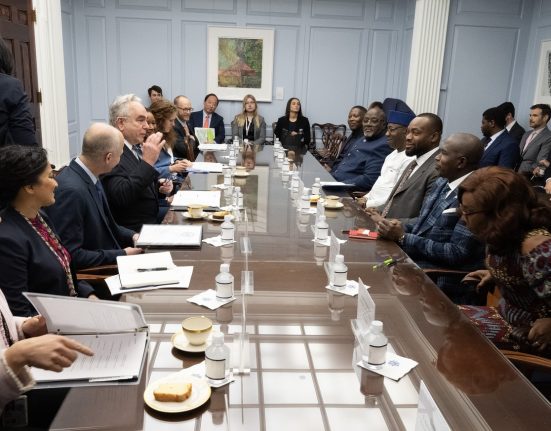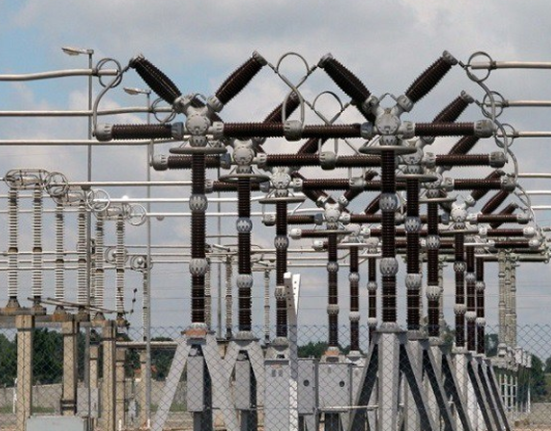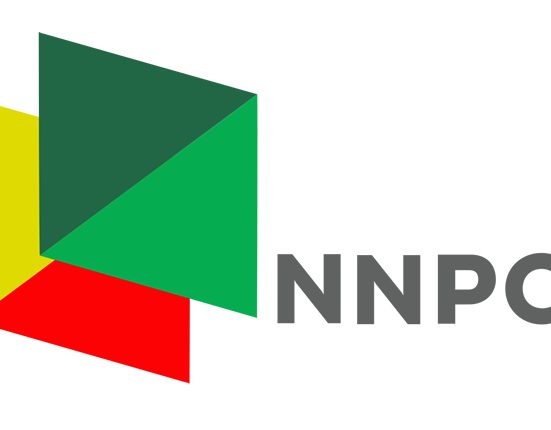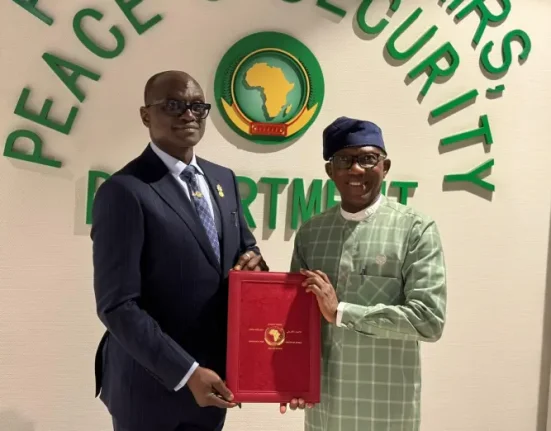Health experts and civil society organisations (CSOs) have called on the Nigerian government to adopt and localise World Health Organization (WHO)-approved health solutions to address pressing public health challenges in the country. The call was made during a stakeholders’ roundtable held in Abuja, where participants stressed the urgency of aligning national health strategies with globally recognised standards.
According to the participants, Nigeria’s healthcare system continues to face significant hurdles, including gaps in disease surveillance, underfunded primary healthcare, and poor health outcomes, particularly in rural communities. They argued that adopting WHO-certified interventions would not only enhance the efficiency of public health programmes but also ensure that solutions deployed are safe, effective, and evidence-based.
One of the key highlights of the event was the emphasis on scaling up routine immunisation, malaria control, and maternal and child health programmes through the integration of WHO frameworks. Experts also pointed to the growing threat of antimicrobial resistance and non-communicable diseases, urging the government to adopt the WHO’s Global Action Plan as a roadmap for coordinated response.
Speaking at the forum, a public health consultant, Dr. Halima Yusuf, noted that “Nigeria cannot afford to reinvent the wheel when tested and trusted solutions already exist. The WHO offers a range of adaptable tools and strategies that, if fully embraced, will significantly improve our national health indicators.”
Civil society organisations present at the roundtable, including advocacy groups and health-focused NGOs, pledged to support the government by raising awareness, promoting accountability, and ensuring community engagement in the adoption process.
The roundtable concluded with a call for the Federal Ministry of Health and its partners to prioritise investment in data-driven policymaking and strengthen regulatory frameworks to facilitate the swift adoption of WHO-approved health solutions in Nigeria.


